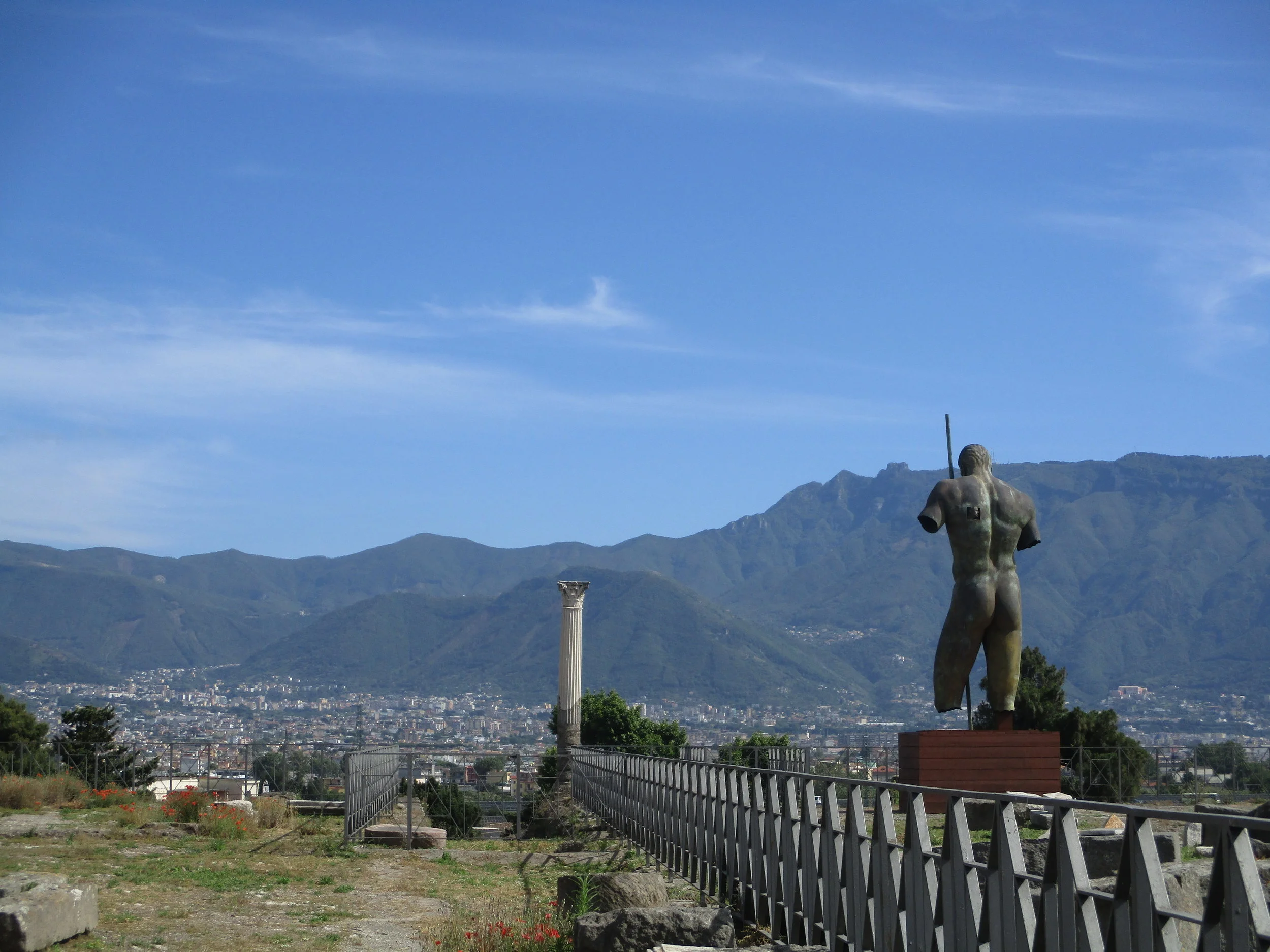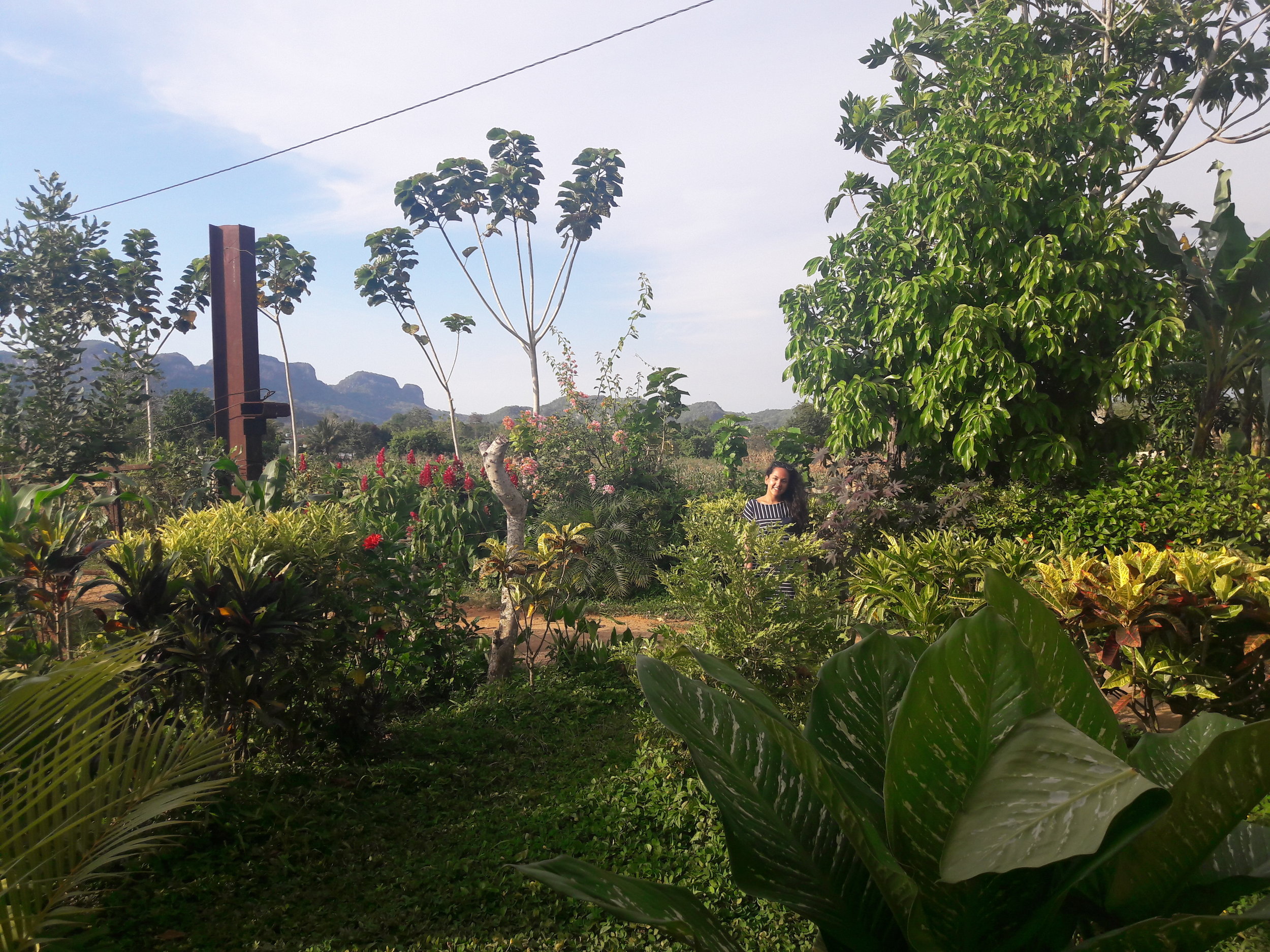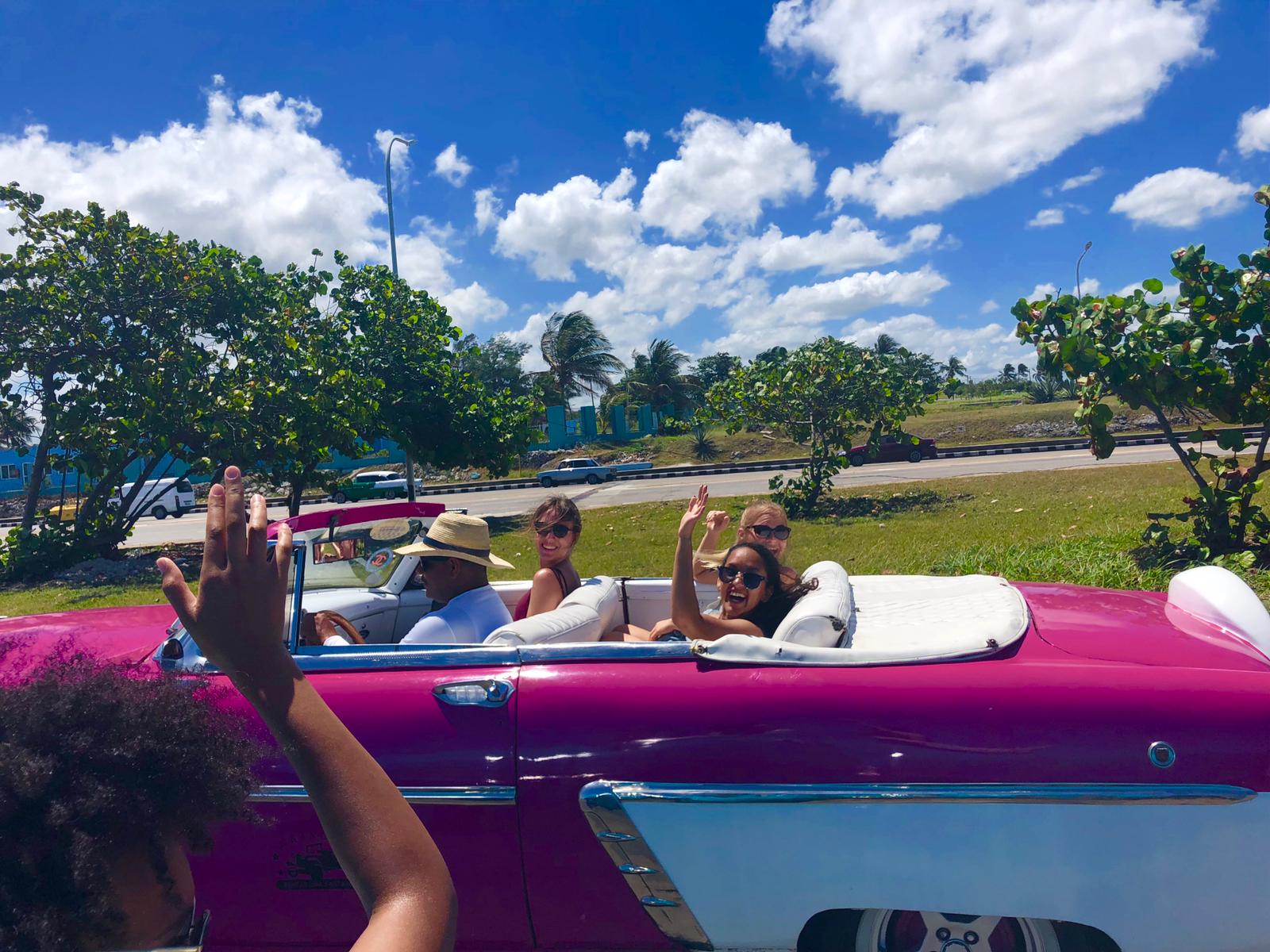What's the first thing you think of when you think of Cuba? Cigars? Salsa? Rum? Well, you'd be pretty accurate on all accounts here, but this island has so much more to offer.
However, as its technically a third-world, us Westerners may find it daunting to manoeuvre, particularly when travelling as a solo female. I chose to join a G Adventures tour, so had a great tour guide and group with whom to explore the various landscapes Cuba had to offer, including Havana, Trinidad, Viñales and Playa Larga, and boy did we explore. If you're thinking of touring the county on your own, with a mate, or joining a tour group, here are a few things you may want to know before you set off (after prepping your liver for all the rum cocktails, obvs).
The basics
Before you even set off, UK visitors need to purchase a tourist card, which works like a visa. This can be done at the embassy, or as I did, via this website. I was nervous to do so, despite it being recommended by a friend, but it is indeed totes legit. Another thing before you set off, which I can't recommend strongly enough, is to take out your spending money in cash to change into CUPs once you land; only certain cards will work at certain ATMs - something I learned the hard way, when it transpired that my bank card was not going to play ball. Thankfully, I was staying in a casa particular (a cross between a B&B and family home) that provided Wi-Fi in the mornings without the need to purchase a Wi-Fi card (more on that in a bit) and I was able to rely on the kindness of strangers - the host in my casa and a couple of the girls on my tour - and the bank of mum and dad to help me sort out the predicament. Within 24 hours, I had cash, but without them… well, who know what I would have done!
Speaking of money, Cuba is pretty affordable for the most part, but a big bulk of your money will go on bottled water (heat + being unable to drink from the taps makes "agua, por favor" your new fave sentence) and tips. The moment your ears hear the tinkling of a guitar, or your bladder tingles with the need to pee, get that coin purse out. Musicians rely on tips, as do the women who hand out toilet tissue outside the loo - and don't forget: do not flush your used loo roll down the toilet! It must go in the bin.
So, back to the Wi-Fi. Compared to the UK, the internet in Cuba isn't as widely accessible; Wi-Fi isn't a given at casas, and sometimes even hotels. On the most part, you have to purchase a Wi-Fi card, which is like a little scratchcard that gives you a username, password and length of internet time. You need to keep an eye out for signs indicating you are in a Wi-Fi zone, and then sign in on your browser (and not forget to sign out to preserve the time you're not using it). I chose not to buy one, only connecting three times in eight days for a half hour or so each, and enjoyed the time away from WhatsApp, Instagram and everything else in daily life - it was great!
Wining and dining
I heard mixed things about the food in Cuba before travelling, but I have to say, I was very pleasantly surprised. The benefit of having a local guide was that he was able to recommend and take us to great places. The seafood is fantastic -particularly grilled shrimp, which I first tried in a restaurant in Viñales overlooking the mountains, as was the mezze of traditional crab, lobster and fried fish we had in Trinidad; the chicken can be a bit hit and miss. Restaurant meals are well priced for those coming from the western world; you'll get decent meals for the equivalent of a little more than a tenner, if you don't land yourself in a tourist trap, however, our guide explained that often locals will be unable to afford to eat here, which I did find a little jarring. For breakfast, you can expect oodles of fresh fruit, omelette, and crepes.
Even better are the three little letters that spell r.u.m. The rum cocktails here are served with free poured alcohol, and you can ask for them to be topped up (for free) if the already triple or quadruple measures aren't enough for you. In most places, mojitos cost at 3 or 4 CUC (the equivalent of £2.50) - just 1 CUC more than water.
Accommodation
You have a choice when it comes to accommodation in Cuba; hotels/hostels or casa particulars, which run like a B&B, as well as being the family home. We stayed in different casas throughout our stay, giving us the opportunity to bond with different families and learn a little bit about local life in each town and city. Going as a big group, there was a 'main casa', which served as a drop-off and meet up point, then we were split up in pairs or groups of four all around the town. We had great hosts who went out of their way to help us and be of assistance, particularly the owner of my first homestay in Havana and the wonderful host in Viñales, who brought us mango juice on her roof to look over a neighbouring vineyard and we chatted in the little Spanish and the lot of hand gestures that me and my roomie could muster.
Landscapes
Our trip took us to Havana, Viñales, Cayo Levisa, Playa Larga, Bay of Pigs and Trinidad with a few more stops along the way. Each was very different from one another. In Havana, we wandered around the famed Art Deco streets that seemed reminiscent of a time past, with a sprinkle of Beverley Hills style about it; the buildings are so ornate and vibrant. We hopped on both a bus tour and vintage car tour, which I highly recommend. You can choose to tour the inner or outer city (we chose the latter) and cruise in style as you admire the city's landmarks, with music playing, and learn a little more about their history. Our driver was so friendly, knowledgeable and also an ace photographer. We saw Cuba's Jesus statue, which overlooks the city from the Casablanca area, and the fort, amongst other stops. As a group, we partook in a walking tour around Havana’s four main squares, but I also got the chance to peruse the fantastic local art at Museo Nacional de Bellas Artes de La Habana, peruse the José Martí Memorial and pass Revolution Square.
Trinidad is just as vibrant as Havana, perhaps even more so, with larger casas and a real laid-back vibe. We enjoyed a really cool evening on one night of our stay, listening to music and putting our newly acquired salsa skills to use in the amphitheatre-style main square, following our private lesson with a former ballet dancer on the terrace of the main Trinidad casa earlier that afternoon. We then had a proper night out at a Disco Ayala, which was legit a club in a cave, that played both Cuban and international music. However, a quick drunken Uber was not an option at 3am; we were just grateful that one of the girls had GPS…. My roomie and I were defo still drunk in the morning as we wolfed down our huge (and lovingly prepped) breakfast and set forth to swim in the mountainous waterfall of El Cubano national park.
Viñales brought a completely different, more rural landscape, backed by mountains, with ample vineyards and farms growing fruit. On our second day here, we took a day trip to Cayo Levisa and, my God, it was one of the most beautiful beaches I have been on! From the fine white sands and interlinked wooden huts to the swaying palms and cool clear waters, we were in paradise! We were welcomed off the boat with drinks and spent the day swimming, sleeping, sunbathing, and drinking or snorkelling. Another day, another beach the following day - one of only two protected sites in Cuba, the infamous Bay of Pigs - and yet again, the terrain differed to a more rocky swampland.
Understanding the way of life
It's not just the gorgeous weather that is warm in Cuba; it's the people and their way of life. While we may have got a specific, more tourist view of the country, we did get to dabble in a few more 'local activities'. In Viñales, we had an informal Spanish lesson, where along with the regular tourist phrases were learned two more Cuban terms: ‘ultimo’, which you use to find out who is last in the queue (especially important in case the queue is in the direct sun and people are seeking the shade) and ‘mangito’ (or for females, ‘mangita’). This word derives from mango and basically means ‘fit AF’ - yeah, we used this word a lot as a group...
Also whilst here, we visited a tobacco farm, learned how farmers grow the tobacco, and how they roll it to create 100% handmade cigars. They told us about dipping it in honey to moisten it and also get a better taste, and we sat, smoked and had a proper chilled time. We took our new-found Cuban habit up a notch in Playa Larga, sitting under atmospheric lighting at the beach at night, after enjoying a fabulous dinner, and smoked, drank, chatted and listened to music with our toes in the sand (and our bods covered with mozzie spray).
Something that truly struck me about Cuba is their laws surrounding animals. In fact, we were told how the farmers aren't allowed to kill their own animals, and how, if an animal dies in an accident, the police are called, the same way as a person. Hefty fines and punishments are imposed. Dogs, which are loving and not at all vicious roam about and, in Fusterlandia Park (which was built by José Fuster across 20 years, starting with his home then extending across the neighbourhood for his community), there was quite the domestic tortoise who approached people for head strokes.
Now, I’ve managed to get through the whole post without really mentioning anything to do with the politics of the country or the Revolution; this is intentional. Of course, we were shown one point of view throughout the tour, and it was super interesting to learn about. I came away from my trip with lots of questions and lots of food for thought. What was also pretty interesting is that in my stopover at Miami airport, between Cuba and New York, I met a guy whose mum was Cuban, but left during the Revolution - it was quite enlightening to hear another point of view then, too.
All in all, Cuba was very different to the daily life I am used to, and that’s why I loved it. Although we did a lot, I weirdly felt really well rested - probably was all the rum in my veins.





